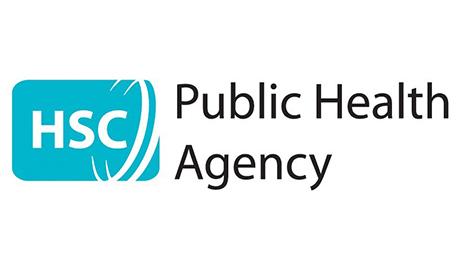Cancer - Reducing Your Risk
Your risk of cancer can depend on many different things. Some of these can’t be changed, like your genes or age. But there are lots of things that you can do to reduce your risk. Making some simple healthy changes can significantly reduce your risk of developing cancer. Stopping smoking, eating a healthy diet, taking regular exercise, protecting your skin in the sun and reducing your alcohol intake will all help to lower your risk of cancer. Speak to your pharmacist for advice and further support.
Smoking
Stopping smoking is one of the best things you can do to improve your health. Smoking can cause cancer, including two of the most common, lung and bowel cancer. The Public Health Agency’s website ‘Stop Smoking NI’ offers a range of information and advice for those wanting to stop smoking, including information on local stop smoking services.
Support is also available in your local community pharmacy and from your GP practice team.
Healthy eating and physical activity
A healthy diet and regular exercise will help you to keep a healthy weight, or lose weight if you need to. This can help you reduce the risk of developing some cancers. To check you are a healthy weight, you need to measure your waist size and calculate your body mass index (BMI). To learn more, see the ‘Measuring up’ section on the ‘Choose to Live Better’ website. Here you’ll also find:
- Top tips on how you can easily make healthier choices.
- Advice on how to set targets.
- Information on what a healthy and balanced diet looks like.
- Lots of healthy recipes to help you and your family eat better.
- Tips to help you get active.
If you want to lose weight, do it safely and at a realistic pace – it’s the best way to reach your healthy weight and to maintain that weight in the long term.
Small changes, big difference A few small changes to what you eat and drink and to your level of physical activity can make a big difference to your long-term health.
Care in the sun
Too much ultraviolet (UV) light, either from natural sunlight or from artificial sources such as sunbeds, is the main cause of skin cancers. Many skin cancers are preventable. The best way to enjoy the sun safely and protect your skin from sunburn is to use a combination of shade, clothing and sunscreen. Find out more about reducing your risk of skin cancer at www.careinthesun.org.
Alcohol
Alcohol can cause weight gain. It is also directly linked to certain types of cancer. There’s no completely safe level of drinking, but sticking within the low-risk drinking guidelines lowers your risk of harming your health.
It is recommended to drink no more than 14 units of alcohol a week (men and women), spread evenly across three days or more. These guidelines apply whether you drink regularly, or only occasionally.
Find out how many units of alcohol are in your favourite drinks – an alcohol units guide is available from your pharmacy or get it online at www.drugsandalcoholni.info/ alcohol-units
Making healthy changes can help reduce your risk of developing certain cancers. But it’s important to take action if something is not quite right. If you have any of the symptoms in this booklet or any other unusual symptoms, you should talk to your GP.
Don’t worry that you might be wasting their time – you are not. If something is unusual for you or won’t go away, your doctor will want to hear about it. You may feel uncomfortable talking about these kinds of things, but your GP is there to help you and will want to see you. If you’d prefer to see a male or a female doctor, you can ask if one is available.
Get checked early
The important thing is you contact your GP practice and get checked early. The cause of the symptoms is probably not cancer, but if it is, spotting it at an early stage could save your life.














































































































